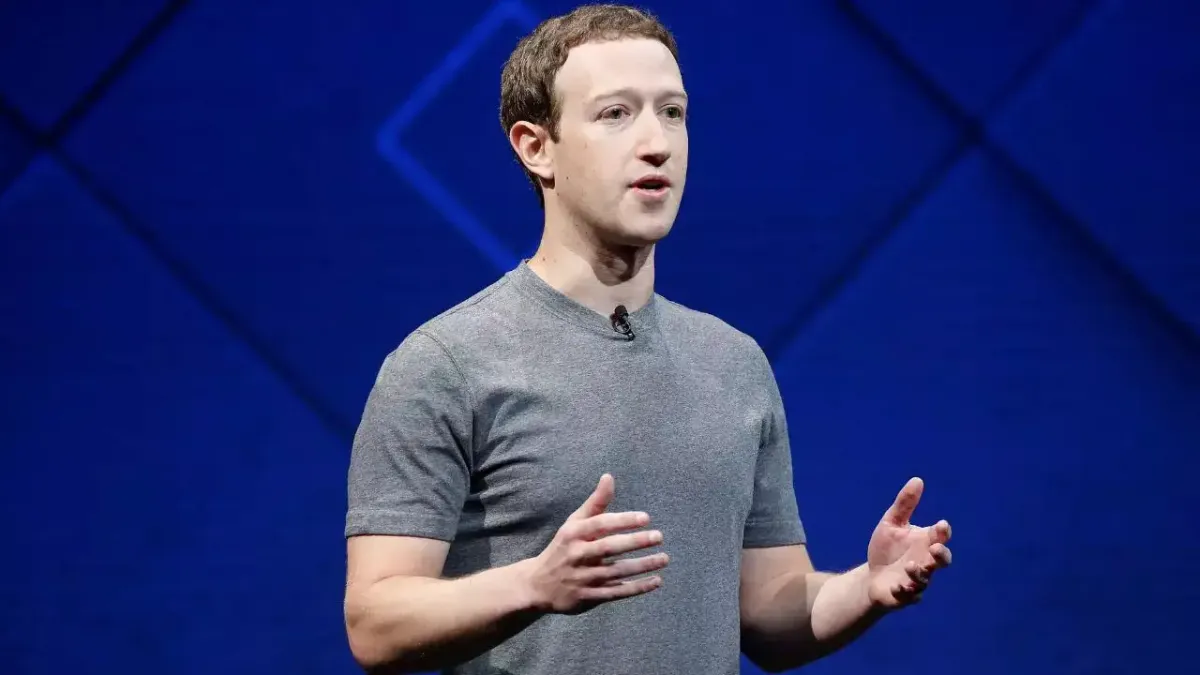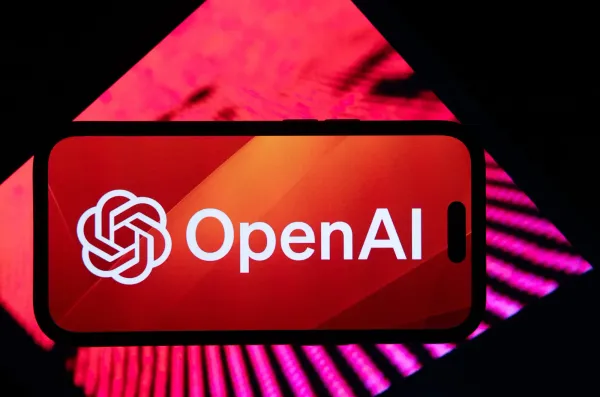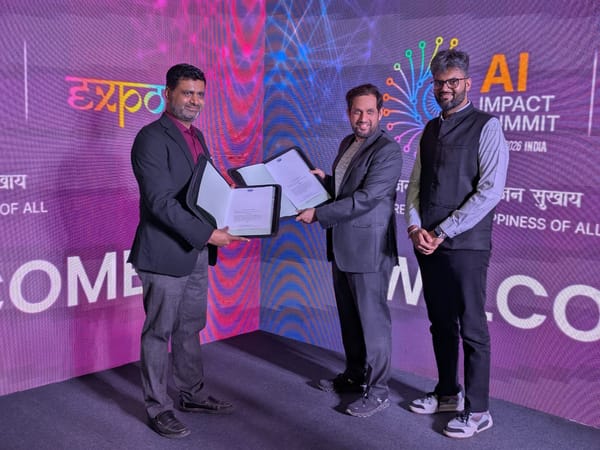Meta's SuperIntelligence Models Won't be Open Source, Signals End of Llama Era
Zuckerberg is doubling down on Meta’s pursuit of superintelligence, committing significant resources and strategic focus to build the next generation of AI.

Meta CEO Mark Zuckerberg has outlined his vision for “personal superintelligence” — AI that helps individuals achieve personal goals. But tucked into his announcement was a notable change in tone around open-sourcing AI models.
“We believe the benefits of superintelligence should be shared with the world,” Zuckerberg wrote, adding that Meta will be “careful about what we choose to open source” due to safety concerns.
This marks a subtle but significant pivot. Meta has long touted its open-source Llama models as a key differentiator from rivals like OpenAI and Google DeepMind. In 2024, Zuckerberg promised future Llama versions would be the “most advanced in the industry.”
Now, Meta appears to be reconsidering openness as the default. “If… we feel like it’s not responsible to open source it, then we won’t,” he said previously.
The shift aligns Meta more closely with competitors that keep AI models closed for control and monetisation — even as Meta’s main revenue still comes from advertising.
Zuckerberg is doubling down on Meta’s pursuit of superintelligence, committing significant resources and strategic focus to build the next generation of AI.
With ambitious investments in infrastructure, research, and top-tier talent, Zuckerberg aims to position Meta at the forefront of advanced AI capabilities and responsible development.
Recently, Scale AI founder Alexander Wang joined Meta's Superintelligence team, bringing extensive experience in large-scale model optimisation and AI safety.




